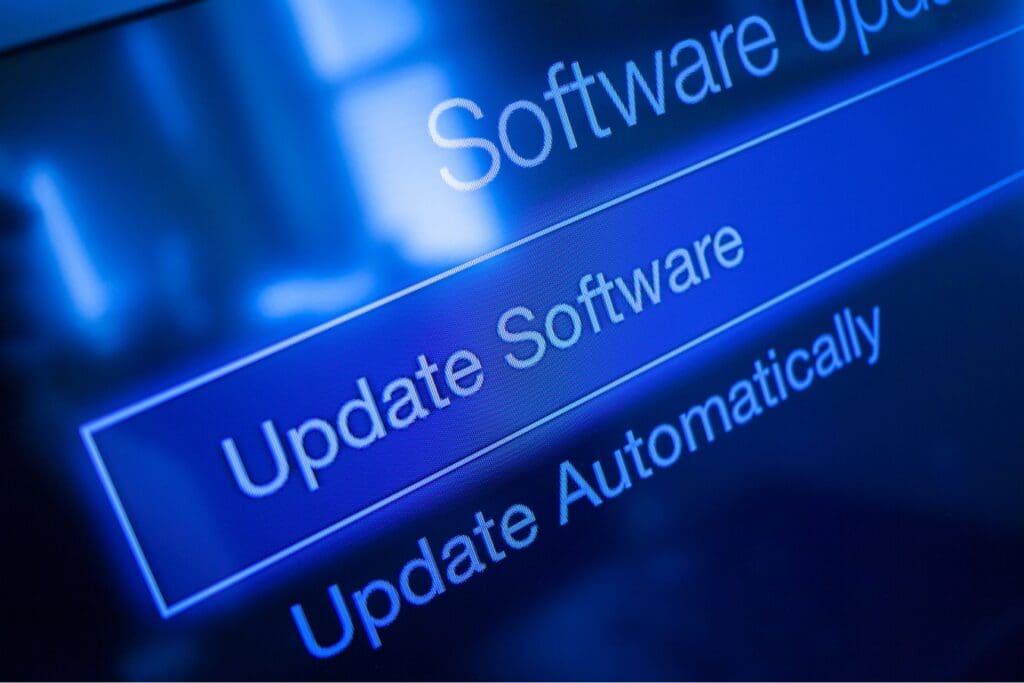Microsoft has announced support for Windows 10 will end on October 14th, 2025. While that may seem far away, that deadline will approach faster than you think. As always, our goal at KT Connections is to equip you with the knowledge you need to nurture and grow your business in our ever-evolving digital world. To help you prepare for the end of Windows 10 we’re going to break down what the end of Windows 10 support means, why ending support is significant, and how your business can upgrade to Windows 11.
What Does the End of Windows 10 Mean for My Business?
On October 14th, 2025 when Microsoft reaches the end of its support for Windows 10, machines still using the software will lose access to crucial services like bug fixes, security patches, and Microsoft technical support. This may lead to slower or even inoperable machines with issues that cannot easily be fixed.
Aside from the hardware roadblocks, the lack of security patches will make machines running Windows 10 vulnerable to more cyber-attacks and malware than before, exposing your business to unnecessary risk. The best solution to avoid these headaches and keep your business secure is to upgrade to Windows 11 as soon as possible.
Why Is the End of Windows 10 Significant?
If the hardware and software vulnerabilities touched on in the previous section weren’t enough reason to upgrade your machines today, we have some arguments that may help convince you:
Your Business Could Fall out of Compliance
Regulations like HIPPA, CMMC, and PCI DSS require businesses to use up-to-date and supported software to remain in compliance, protect confidential data, and ensure robust cybersecurity. Non-compliance with these regulations can lead to substantial fines and harm your company’s reputation.
You Can Be Denied by Your Insurer

If a data breach or cybercrime were to occur, and you file a claim with your insurance company to cover the costs of recovery and damages, your claim can be denied. Insurers expect their policyholders to take steps to mitigate risks, this includes updating software that is no longer supported. To keep your business in compliance with required security measures and stay covered, upgrading to Windows 11 could be the only option.
Your Business Gets Left Behind
The final point that makes the end of Windows 10 significant, especially for small businesses, is that new applications won’t be released on an operating system that is no longer supported. This means you may miss out on helpful productivity features and applications that won’t be released on outdated versions of Windows.
How Your Business Can Upgrade to Windows 11?
Partnering with a trusted MSP like KT Connections is the simplest way to upgrade your IT Infrastructure before the end of Windows 10 support. The team of professionals at KT will:
• Verify what machines can be upgraded and flag any that can’t.
• Work with you to create data backups and reduce downtime during the process.
• Guide you in purchasing any new hardware needed for the transition.
• Ensure all your software stays up to date and licenses get carried over.

KT Connections is committed to helping your business grow and stay ahead of changing technology. When you partner with KT Connections you’re getting a partner that understands the importance of robust cybersecurity, modern IT infrastructure, and responsive support to keep your business taken care of and online. To see what KT Connections can do for you, and to begin your upgrade to Windows 11, reach out to our team today!
